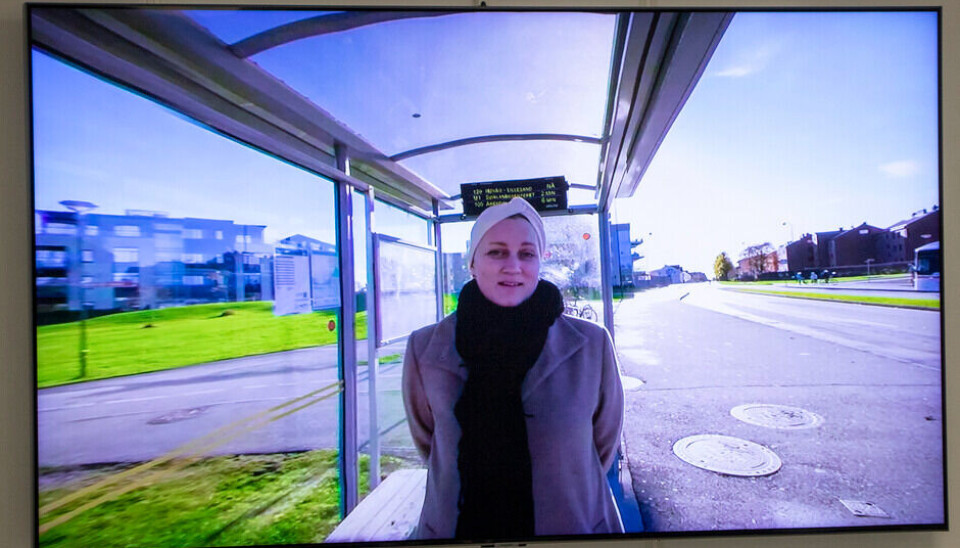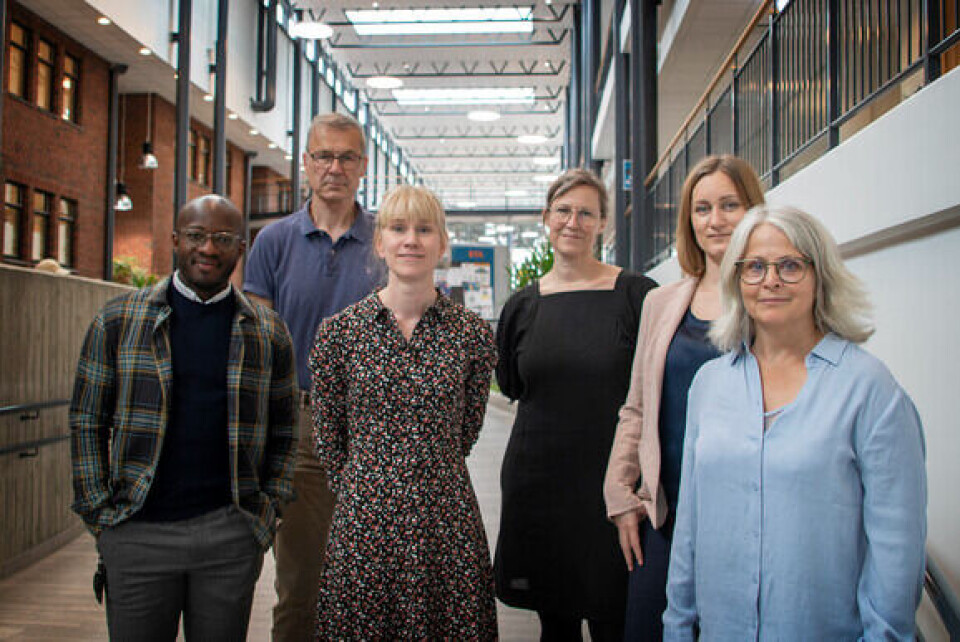THIS ARTICLE/PRESS RELEASE IS PAID FOR AND PRESENTED BY THE University of Agder - read more

New technology to help people with intellectual disabilities into employment
Many people with intellectual disabilities begin to receive disability benefits straight after completing upper secondary school. Can new technology help more people into employment?
A key reason why many people go directly from secondary school to disability benefits is a lack of inclusion and little knowledge about how people with intellectual disabilities can contribute to working life.
The University of Agder (UiA) project InnArbeid has developed four digital tools, based on the users own needs, to help people with intellectual disabilities find, get and keep a job.
“Inclusion at work is a big challenge, and our project has looked at how new technological solutions can help. We have developed four different digital tools that we hope both jobseekers and employers will use,” says professor Elin Thygesen.
She is affiliated with the university's Centre for e-Health. The InnArbeid project was started in 2017, with funding from the Research Council of Norway.
Digital tools
The four digital tools are:
- JodaBook - personal storytelling
- Kompass - for self-determination in education and work
- Stress management - dealing with unforeseen situations
- Romforarbeid.no - inspiration for employers

JodaBook is an app that enables people with intellectual disability to tell more about themselves and about what is important in their lives. Systematic use of images makes it easier to create good stories. This is an aspect that has often been lacking in the communication between people with intellectual disabilities and their employers or teachers. Information about what the employee is interested in can improve the collaboration between employees and employers.
Kompass is a digital career tool that will make the transition from school to work easier for people with intellectual disabilities. The tool makes it easier to identify, express and present their abilities and goals in a visual and customisable manner. Among the features are mapping of interests, skills and abilities, goal setting and progress overview.
Many people with intellectual disabilities find it stressful to use public transport. Therefore, InnArbeid has developed a VR solution that enables people to practice taking public transport. In the simulation, you are waiting for a bus when an acquaintance comes over and starts talking to you. At the same time, the bus passes by. This provides an opportunity to practice dealing with situations that do not go as expected and can make it easier to feel confident using public transport.
Romforarbeid.no is a website meant to provide inspiration to employers who may want to recruit people with intellectual disabilities, either for internships or jobs. The goal of the website is to sort information, provide inspiration, and give advice on what to think about in the hiring process. The website also includes employers who tell about their experiences with hiring people with intellectual disabilities.
“Often overlooked”
“People with developmental and intellectual disabilities are a group that is often overlooked, and who often experience that their needs are decided by others. Therefore, our focus has been to let the users themselves say what they need. This process has been a learning experience, where we have seen how resource-intensive it can be to combine inclusion and technology development,” Thygesen says.
In addition to involving the service users, InnArbeid has collaborated with several key stakeholders who are involved when users transition from secondary school to work. Some of those are relatives, upper secondary schools, the housing service for persons with disabilities, the Norwegian Association for Persons with Intellectual Disabilities, NAV (the Norwegian Labour and Welfare Administration), work training centres, and some companies.

This article/press release is paid for and presented by the University of Agder
This content is created by the University of Agder's communication staff, who use this platform to communicate science and share results from research with the public. The University of Agder is one of more than 80 owners of ScienceNorway.no. Read more.
See more content from the University of Agder:
-
Fear being rejected: Half pay for gender-affirming surgery themselves
-
Study: "Young people take Paracetamol and Ibuprofen for anxiety, depression, and physical pain"
-
Research paved the way for better maths courses for multicultural student teachers
-
The law protects the students. What about the teachers?
-
This researcher has helped more economics students pass their maths exams
-
There are many cases of fathers and sons both reaching elite level in football. Why is that?




































